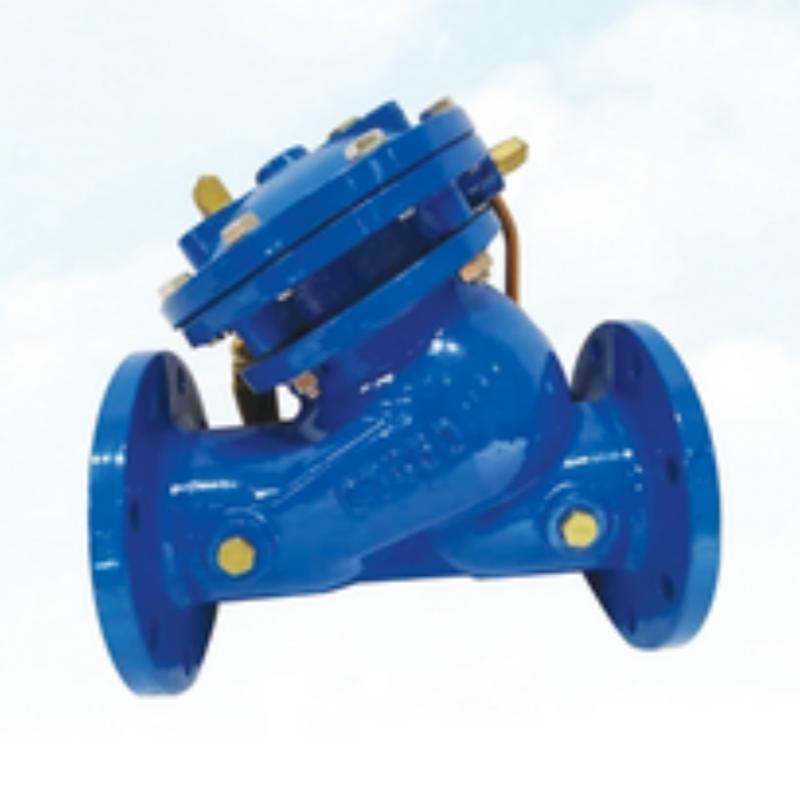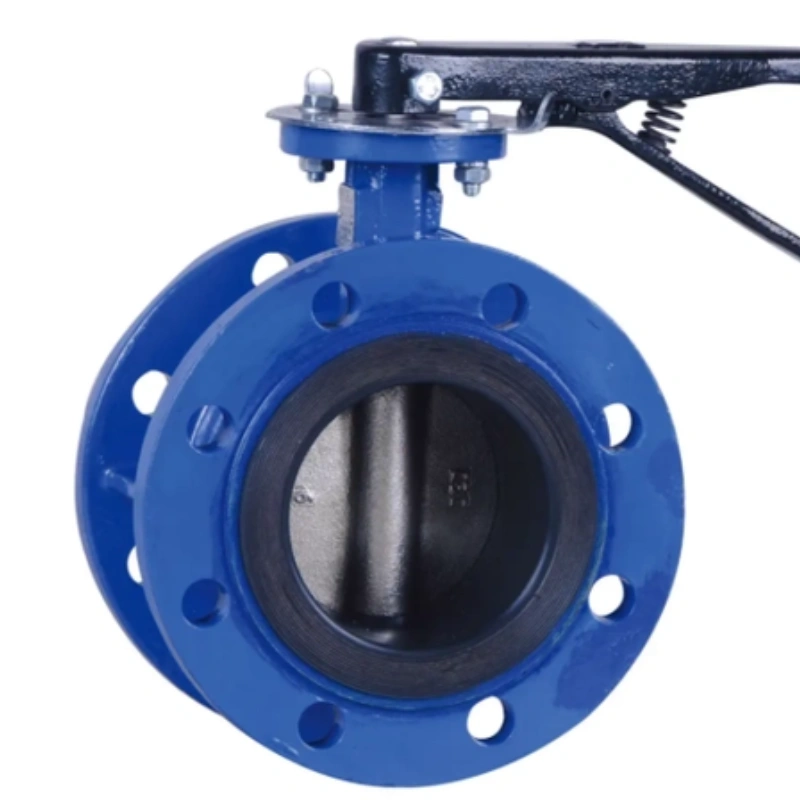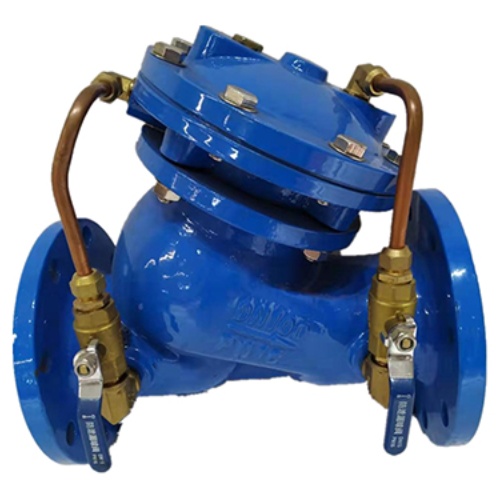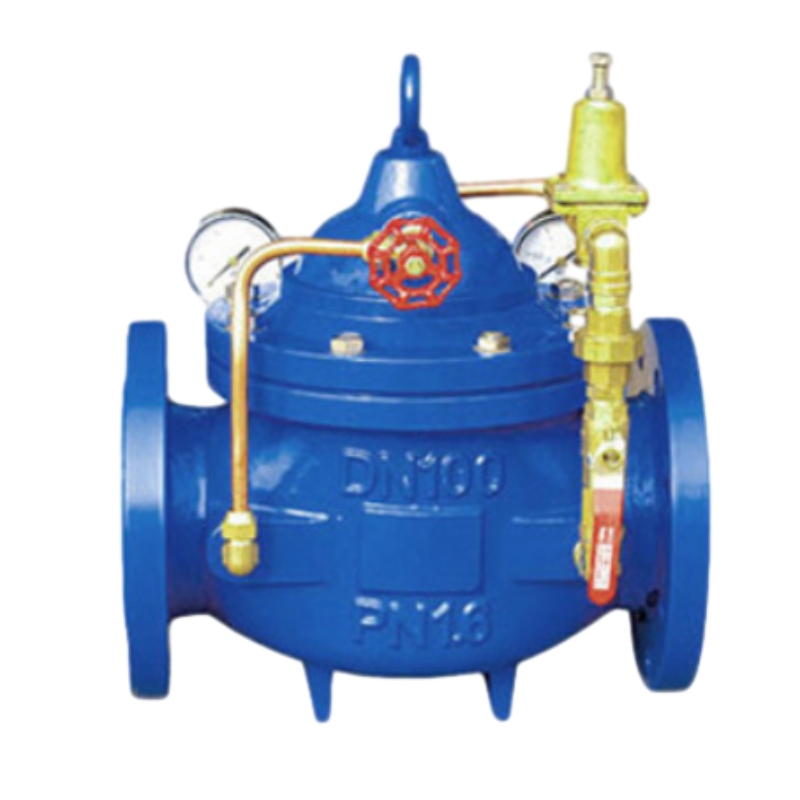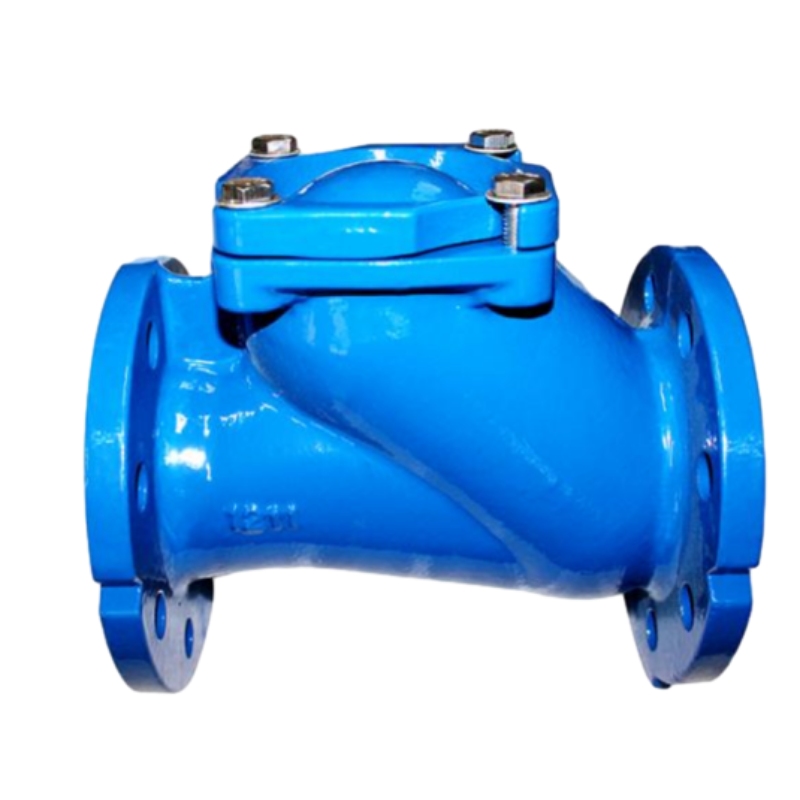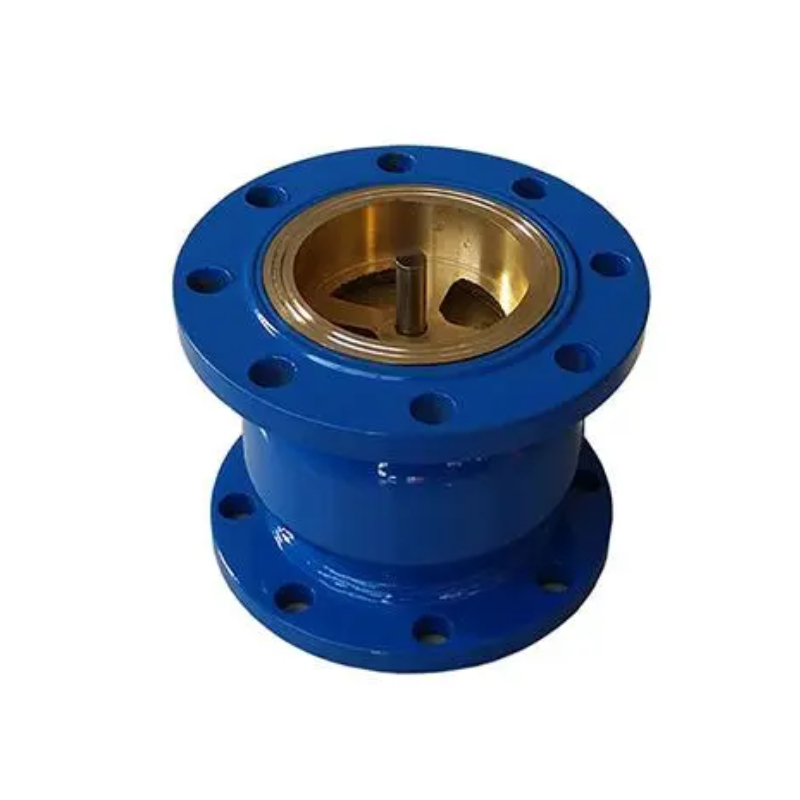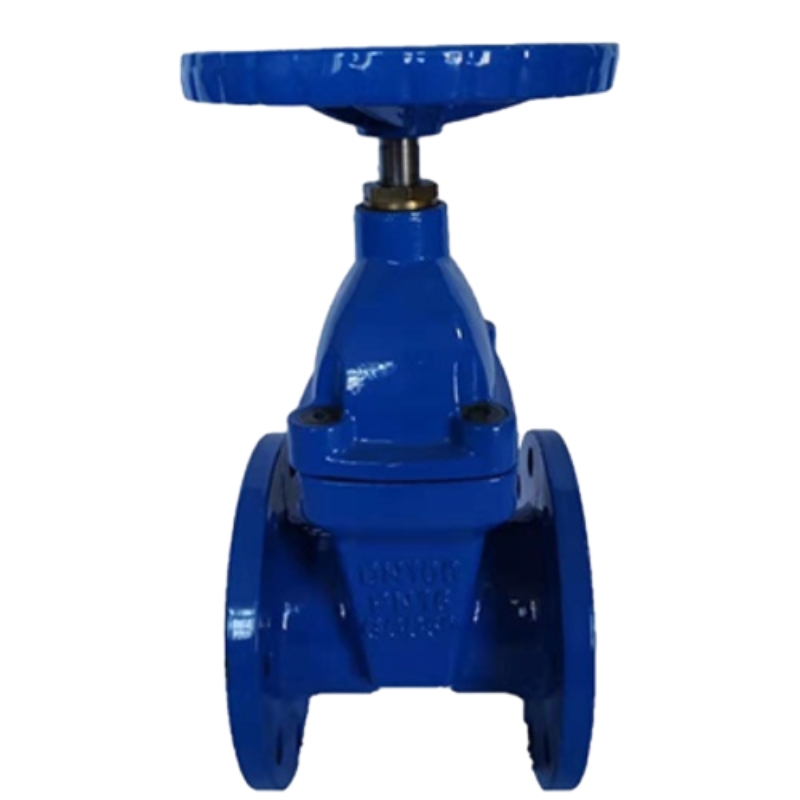Valve
Valves are essential components in various industrial applications, each type offering unique advantages that cater to specific operational needs. Understanding the different valve types is crucial for selecting the right one for your project. For instance, ball check valves are renowned for their ability to provide tight sealing and quick shut-off, making them ideal for applications requiring flow control. Gate valve types, on the other hand, are preferred for on/off control and are effective in minimizing pressure drop, ensuring optimal fluid flow. Check valve types are designed to prevent backflow, safeguarding systems from potential damage, while globe valves offer excellent throttling capabilities for precise flow regulation.
When sourcing these components, valve wholesale options provide significant cost savings, allowing businesses to purchase high-quality valves at reduced prices. We offer a vast array of valves for sale, including specialty options like butterfly valve wholesale and diaphragm valves, which are particularly suited for specific applications like HVAC systems and chemical processing. By leveraging wholesale purchasing, companies can ensure they have an adequate supply of various valve types, enhancing their operational efficiency and reducing downtime.
Why Choose Storaen Valve Supplier?
Choosing Storaen (Cangzhou) International Trading Co. as your valve supplier means partnering with a leader in manufacturing excellence. Located in the industrial city of Botou, China, Storaen is renowned for its expertise in crafting a diverse range of high-quality industrial products, including valves, cast iron welding platforms, measuring tools, and gauges. Their commitment to precision engineering and stringent quality control ensures that each product embodies reliability and durability, meeting the diverse needs of industries worldwide.
Storaen's strategic position in a hub known for its casting prowess provides access to premium raw materials and skilled labor, enhancing its manufacturing capabilities. This geographical advantage enables them to respond swiftly to market demands while maintaining superior product quality. What truly sets Storaen apart, however, is its dedication to innovation and customer satisfaction. By embracing cutting-edge technology and valuing customer feedback, they continuously raise the bar for industry standards.
Additionally, Storaen is committed to sustainability, implementing environmentally friendly practices that minimize their ecological footprint. In an ever-evolving market landscape, Storaen (Cangzhou) International Trading Co. stands as a reliable partner, equipped with a legacy of excellence and a proactive approach to future challenges, making them the ideal choice for all your valve needs.
What Are Valves and How Do They Work?
Valves are essential components in various systems and applications, playing a critical role in controlling the flow of fluids, gases, or slurries. Understanding valves is paramount for anyone involved in industries such as plumbing, manufacturing, and engineering. This blog post will delve into the fundamental aspects of valves, their working mechanisms, and their significance, providing insights for professionals and enthusiasts alike. Moreover, if you're in search of reliable options, we will also highlight various places where to find valves for sale.
Definition of Valves
A valve is a mechanical device that regulates the flow of a substance by opening, closing, or partially obstructing passageways. Valves can be found in an array of applications, from residential plumbing to industrial machinery, each serving its purpose efficiently.
Types of Valves
Valves come in many forms, including:
- Gate Valves: These are generally used for on/off control in high-pressure applications. They provide very little resistance and are helpful when the fluid requires minimal obstruction.
- Ball Valves: Known for their durability and simplicity, ball valves can provide a tight seal and are frequently used in applications where a quick shut-off is necessary.
- Check Valves: These stop the backflow of fluids, ensuring that the flow direction remains consistent, which is vital in various systems to prevent contamination or damage.
- Globe Valves: Designed for regulating flow, globe valves have a higher pressure drop and are generally used in applications that require throttling.
How Valves Work
Valves operate on simple mechanisms, often involving a movable part (the plug) that sits within the valve body. By manipulating this part, the flow of the fluid through the valve can be controlled accurately. In general, the underlying principle involves changing the position of a disc, ball, or gate to either allow or obstruct flow.
1. Open Position: When the valve is in the open position, the flow of the fluid can pass through, while minimal resistance is encountered.
2. Closed Position: When shut, the valve provides complete blockage, halting the flow of fluid or gas.
3. Partially Open Position: In some applications, particularly with globe valves, the valve can be partially opened to regulate the volume of flow, allowing for precise control in processes like chemical mixing or gas distribution.
Importance of Valves
Valves are not just mechanical components; they play a critical role in safety, efficiency, and automation across various systems. Proper valve selection can lead to:
- Improved operational efficiency
- Enhanced safety measures
- Energy savings in industrial settings
- Proper flow management in plumbing systems
Finding Valves for Sale
Given their importance and wide usage, sourcing the right valves is crucial for maintaining system integrity. If you are in the market for a valve for sal, consider reaching out to us who offer a range of valves to suit different applications.
Valve Materials: Ensuring Safety and Long-Lasting Performance
Valves can be constructed from a variety of materials, each exhibiting unique properties that cater to specific operational requirements. The most common materials used in valve manufacturing include carbon steel, stainless steel, brass, and various polymers.
1. Carbon Steel: Known for its strength and hardness, carbon steel is frequently used in valves that handle high-pressure applications. However, it is prone to corrosion, which necessitates proper coatings or treatment to enhance its lifespan.
2. Stainless Steel: A popular choice for valve materials, stainless steel offers excellent resistance to corrosion and is ideal for harsh environments. Its durability ensures safety and longevity, making it suitable for applications in the chemical and food industries.
3. Brass: Frequently used for smaller valves, brass is known for its machinability and is often used in plumbing applications. It offers good corrosion resistance and is an economical choice for many industries.
4. Polymers: Advanced polymer materials have emerged as viable options for valve manufacturing. They are lightweight, resistant to chemicals, and often have lower coefficients of friction, which can enhance the operational efficiency of the valve.
Ensuring Safety and Performance
The selection of appropriate valve materials is paramount to ensuring safety and long-lasting performance. An incorrectly chosen material can lead to failures, leaks, and system disruptions, posing severe safety risks. Here are some factors to consider when choosing valve materials:
- Chemical Compatibility: It is essential to examine the chemical properties of the fluids being controlled by the valve. Ensuring that the valve material is compatible with these fluids will significantly reduce the risk of material degradation or failure.
- Temperature and Pressure Ratings: Different materials exhibit varying levels of strength under extreme temperatures and pressures. Understanding the operational conditions will help in selecting materials suitable for specific valve applications.
- Maintenance Requirements: The chosen valve material should also be a factor in maintenance obligations. Some materials might require frequent inspections and servicing, while others offer low-maintenance options that can enhance operational efficiency.
Longevity of Performance: Durability is a significant concern in valve applications. Opting for materials that provide longevity can lead to reduced downtime and maintenance costs in the long run


